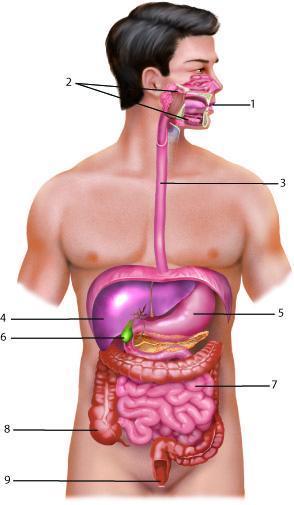
Testicular cancer is a rare but treatable form of cancer that develops in the testicles. It is most common in younger men, typically between the ages of 15 and 44. While the exact cause of testicular cancer is unknown, there are certain risk factors, such as a family history of the disease or a previous history of testicular cancer, that can increase the likelihood of developing it.
Early detection is key in successfully treating testicular cancer, therefore it’s important to be aware of the symptoms and seek medical attention if you experience any of them. In this article, we will discuss the common symptoms of testicular cancer and the importance of seeking prompt medical attention if you notice any changes in your testicles.
1. Swelling or Lump in the Testicle
One of the most common symptoms of testicular cancer is a swelling or lump in the testicle. This can be painless or accompanied by discomfort. It’s important to regularly perform self-exams to check for any irregularities in the size or shape of the testicles. If you notice any changes, it’s crucial to see a doctor for further evaluation.
2. Pain or Discomfort in the Testicle or Scrotum
Another symptom of testicular cancer is a persistent ache or discomfort in the testicle or scrotum. This pain may come and go, or it may be constant. It’s important to pay attention to any changes in your testicles and seek medical attention if you experience ongoing discomfort.
3. Heaviness in the Scrotum
Some men with testicular cancer may experience a feeling of heaviness in the scrotum. This sensation is often accompanied by swelling or enlargement of the affected testicle. If you notice any changes in the size or weight of your scrotum, it’s important to get checked by a healthcare professional.
4. Changes in Testicle Shape or Texture
Testicular cancer can cause changes in the shape or texture of the affected testicle. This may include a hardening of the testicle, or a feeling of irregularity in its shape. It’s important to perform regular self-exams to monitor any changes in your testicles, and to seek medical attention if you notice any abnormalities.
5. Fluid Build-Up in the Scrotum
In some cases, testicular cancer can cause the accumulation of fluid in the scrotum, resulting in swelling or a feeling of heaviness. This condition, known as a hydrocele, may be mistaken for other benign conditions, so it’s important to have any changes in the scrotum evaluated by a healthcare professional to rule out testicular cancer.
6. Enlargement or Tenderness of the Breast Tissue
In rare cases, testicular cancer can cause hormonal changes that lead to the enlargement or tenderness of the breast tissue, a condition known as gynecomastia. If you notice any changes in your breast tissue, it’s important to see a doctor for further evaluation.
7. Dull Ache in the Lower Abdomen or Groin
Some men with testicular cancer may experience a dull ache in the lower abdomen or groin. This pain may be persistent or intermittent, and it’s important to seek medical attention if you experience ongoing discomfort in these areas.
8. Sudden Collection of Fluid in the Scrotum
In rare cases, testicular cancer can cause a sudden accumulation of fluid in the scrotum, a condition known as a hydrocele. This may be accompanied by pain and swelling. If you experience any sudden changes in your scrotum, it’s important to seek medical attention promptly.
9. Back Pain
In advanced cases of testicular cancer, the cancer may spread to the lymph nodes in the back, leading to back pain. If you experience persistent or severe back pain, it’s important to see a doctor for further evaluation.
10. General Fatigue or Lethargy
In some cases, testicular cancer can cause general fatigue or a feeling of lethargy. This may be a result of the body’s immune response to the cancer. If you experience ongoing fatigue, it’s important to speak with a healthcare professional to rule out testicular cancer or other underlying causes.












